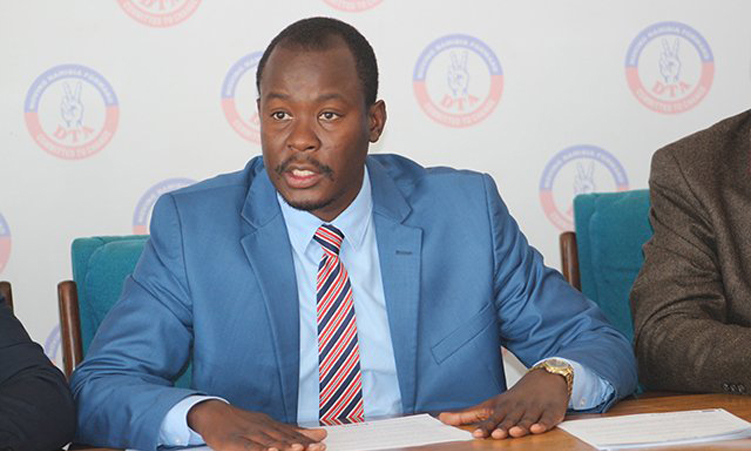As i sat in my intercultural communication class at university, I thought of different real-life examples where the study and understanding of intercultural communication could be crucial.
‘Dissent’ is a straightforward word derived from Latin, which means ‘to differ in sentiment’.
In a democracy dissent is important, because it allows differences in opinion, but in a diverse nation like Namibia dissent could refer to discrimination against certain cultures or beliefs.
This could translate to hateful remarks, conflict or violence.
According to Završni Rad’s thesis on intercultural communication, “on the surface, [culture] could mean customs and behaviour. But if we look more deeply, culture could be what the behaviour and customs mean to the people who follow them”.
Namibia, a country rich in diverse cultures, languages and customs, is proof of the value of studying intercultural communication.
We could take the sentiments of member of parliament Vipuakuje Muharukua on child marriage as an example.
His understanding of child marriage is based on his view as a person of Himba descent. Although studies may differ in opinion, he may have some bias in that regard.
Anyone whose views differ from Muharukau’s could implement the four criteria of intercultural communication when expressing their views.
These are appropriateness (observing in order to understand the other person’s culture), effectiveness (the ability to decode and encode another person’s culture), communication adaptability and creativity (being able to view another person’s culture in their perspective and therefore being flexible and sensitive).
A better example is that of Eva-Maria Nangolo, a legal aid lawyer, who ignited a debate on what you say and how you say it in terms of cultural tolerance and sensitivity. This was due to her ‘anti-Damara’ tweet.
She could have avoided the consequences that followed if she had studied and understood the importance of intercultural communication.
Coming up with laws could also be effective in erasing cultural conflicts and misunderstanding.
Education is a method of prevention and as the saying goes, “prevention is better than cure”.
With the above said, in order to promote mutual respect and understanding between varied cultural groups and lessen the possibility of conflict due to misunderstandings, effective intercultural communication skills are crucial.
In fact, intercultural communication promotes our fallen hero, former president Hage Geingob’s ‘One Namibia, One Nation’ chant.
By promoting understanding and respect among its diverse population, Namibia could build a more harmonious and inclusive society.
Therefore, intercultural communication could help bridge the gap between cultures, fostering a sense of unity and shared identity among Namibians.
Shonena Nathanael
Stay informed with The Namibian – your source for credible journalism. Get in-depth reporting and opinions for
only N$85 a month. Invest in journalism, invest in democracy –
Subscribe Now!






